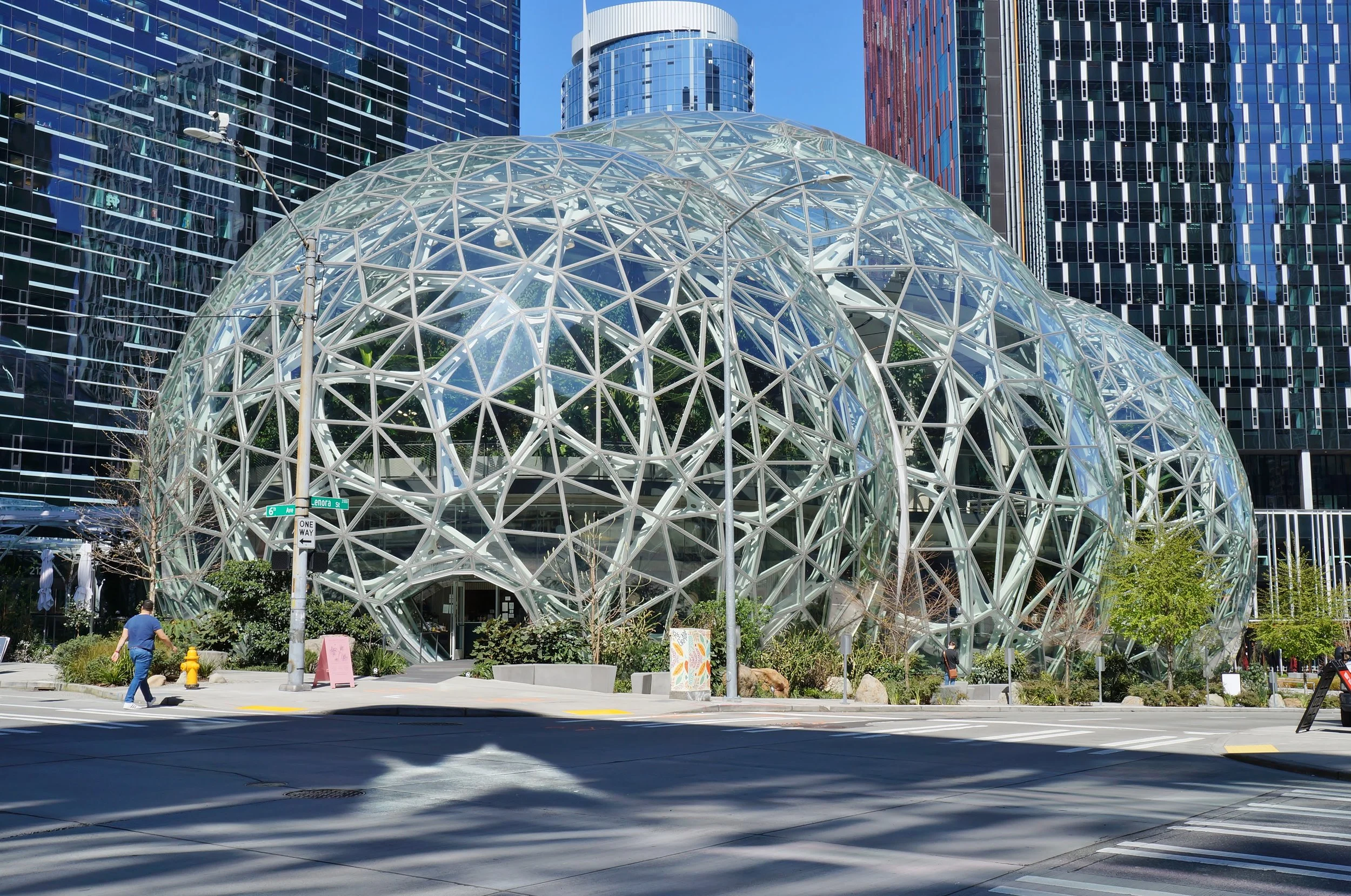Orgs know wfh is good for people, they just don’t care…
So once again this week has seen lots of talk about mandated returns to the office.
I'm gonna assume that if you're reading this you already understand how diversity has a positive impact on innovation, problem solving capabilities and general creativity in the workplace.
I'm also going to assume that you get the idea that an inclusive workspace where people are able to be their authentic selves, have a seat at the table and a voice that is heard, along with equal access to opportunity, makes for a more productive and engaged team. Neither of these concepts are new.
But while great strides have been made in many organisations to create that ideal inclusive workspace, I don't think there's any organisation that has this nailed. And there are many organisations with a lot of work still to do.
So while we're all still on this journey, I think it's important to be reminded that for many people we don't get to be our authentic selves in the workplace. We still have to wear a mask. We still have to be ‘presentable’, ‘polished’, ‘corporate’ enough to fit in.
I've talked before about how this applies to everybody at some level, even straight, white, cis, able-bodied, men are required to wear some sort of mask in the workplace.
However because the workplace is built for those sorts of people, the level of masking required of them is relatively small compared to people from underrepresented groups.
Masking takes energy, energy that Is taken away from productivity. So businesses should have a vested interest in helping people unmask.
So how does all of this relate to those mandated returns to the office?
I'm going to spell it out for you, because while I hope that you, as somebody reading this blog will either ‘get it’ or have at least some idea of what I'm talking about, I want to equip you to have this conversation with other people who might not.
I had a conversation only the other day with a Muslim friend of mine about an event we were attending the following day. She wanted to know what I was wearing, and to just talk through what colours she would need to wear. And after recent events in the UK, her worry was understandable. As a woman in hijab, she needed to make sure that she didn't stand out too much, that people around her were going to be comfortable. She couldn’t take for granted that group of strangers, although like-minded would be comfortable with her there.
And this kind of thinking is not isolated to events taking place outside of the workplace: Another friend of mine talks about having to get her audience of white, male, internal stakeholders comfortable with her blackness and her gender before she can think about delivering her message. She'll think about what her hair looks like, what clothes she's wearing, her tone of voice and the language she's using.
Because if she doesn't, she’ll have lost her audience before she even speaks.
This kind of code switching and masking isn't limited to people from the global majority, people in the LGBTQIA+ community will have to do similar things, whether it's managing their own body language, clocking where their voice is in terms of register, or considering how they’re dressing.
Neurodivergent people are also well known for masking, particularly those of us who are late diagnosed, maintaining a persona that's palatable to neurotypical people and fulfils the norms required of a neurotypical workplace.
Carers and mothers are also likely to be more negatively impacted by a mandated return to the office. Yes, fathers may be negatively impacted too, but 70% of the unpaid work in the household is still done by women, to the effect that in some studies it's seen as the equivalent of doing a second full time job. Less time spent commuting eases the pressures of caring and parental responsibilities.
There are often challenges for people from marginalised backgrounds getting into the workplace in the first place! Whether that's about accessibility of public transport, navigating crowds and overstimulating environments, or the cost of a regular commute.
Or it might be an issue of safety: 30% of women using the tube in London will have been either sexually harassed or sexually assaulted while travelling. On the tube.
And if it’s not on the tube, it’s on the walk home itself: A Trans friend of mine once told me of three separate instances of transphobic abuse on one single journey home. Navigating the commute to and from work may well be just a time drain for some people, but for others it's a far more stressful and challenging event that takes place every time they’re required to come into the office.
All of this is exhausting. Allowing people to work from home even for just two days of the week, temporarily mitigates some of these things, it means for those days that they're not in the office, these things aren’t something they need to consider.
But none of this is new. It's not a revelation, and it's all information that is easily found in so many different sources online.
So if an organisation says they understand the value of diversity, splash their commitments here there and everywhere, regularly pink-wash in June and talk about Black Lives Matter in October, but are mandating returns to the office for everyone, particularly going so far as to say five days a week, I don't think they’re failing to see how it impacts underrepresented and marginalised team members.
Of that they are already aware.
The only conclusion we should be coming to, is that they simply don't care.




